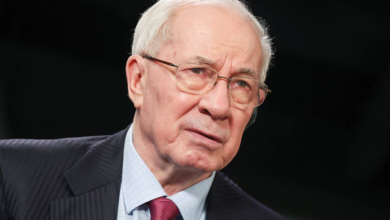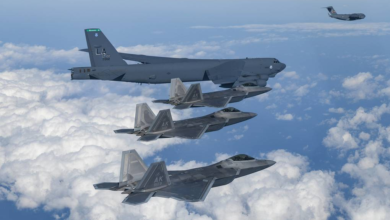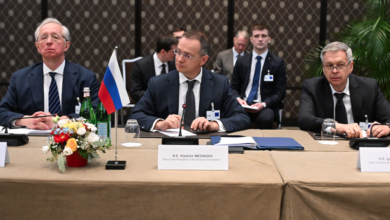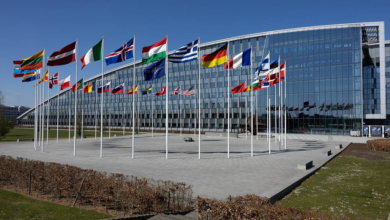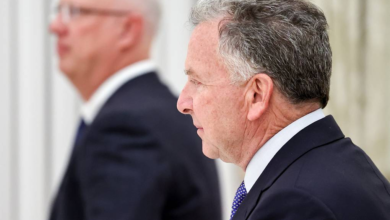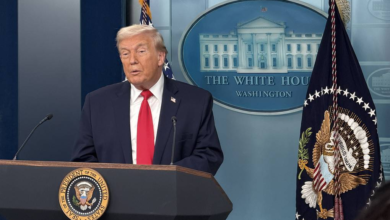Flotilla Nears Gaza: Stunning Humanitarian Mission Challenges Blockade
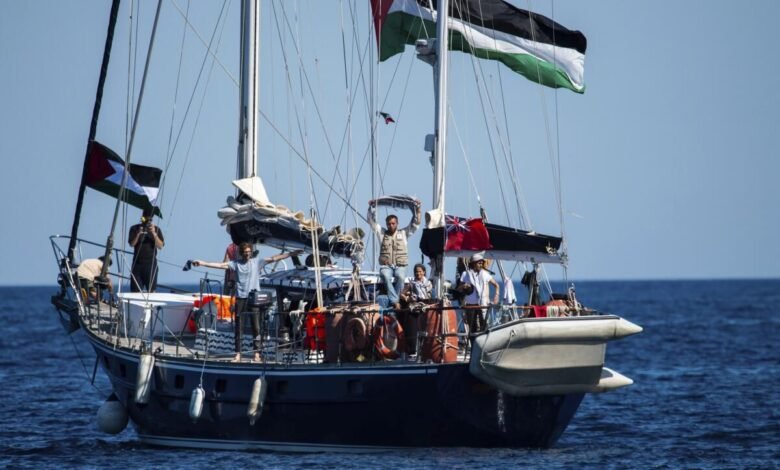
Flotilla Nears Gaza: Mediterranean Sea, October 2025 A fleet of ships carrying humanitarian supplies is making its final approach to the Gaza Strip, attempting to end the Israel-imposed years-long blockade. The operation, which has participants from various nations, has garnered notable international focus, with a number of governments reportedly tracking the mission to ensure that this time there would not be a repeat of previous clashes that turned violent.
A Risk-Laden Journey
Organizers of the flotilla claim that the ships are transporting medical equipment, food, and humanitarian aid for Gaza’s 2.3 million people, most of whom live under strict restrictions as a result of the blockade. Participants have accepted the threat of interception, but argue that their mission is humanitarian.
Earlier flotilla attempts including a 2010 “Mavi Marmara” confrontation in which 10 activists were murdered when Israeli commandos boarded a Turkish vessel ended in bloodshed. This time, however, analysts say conditions seem different, with naval contingents from Spain, Italy, and Turkey reportedly in the area. These vessels are not technically part of the flotilla but are keeping close watch on movements, a factor that might discourage direct conflict, reports say.
Despite technical failures and weather-related delays, flotilla members say they are determined to continue. “This is not only about aid,” one participant told reporters before departure. “It is about reminding the world that Gaza cannot remain cut off indefinitely.”
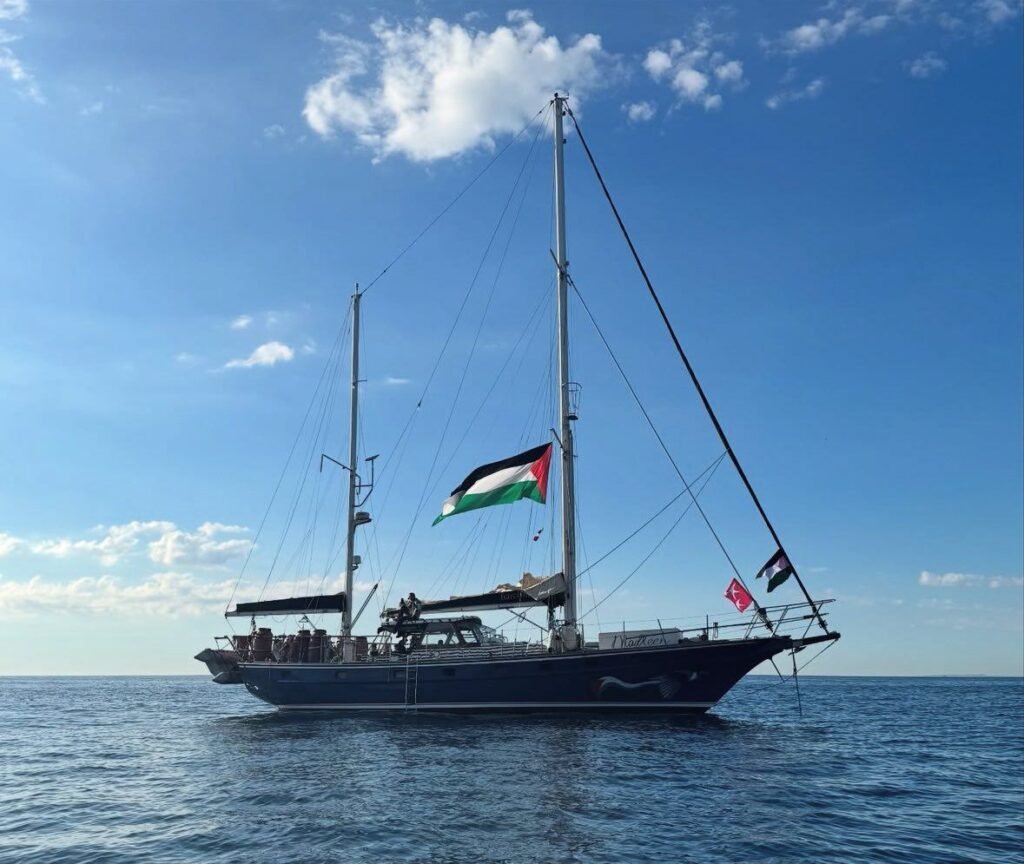
Background: Gaza Under Blockade
Israel, with Egyptian agreement, has enforced a blockade on Gaza since 2007, arguing for security reasons against Hamas, the Islamist group ruling the strip. It drastically restricts imports of goods, fuel, and building materials, as well as people in and out of the enclave.
The United Nations and several humanitarian organizations have consistently characterized the blockade as collective punishment, which is against international law. The economy in Gaza continues to be crippled, unemployment is one of the highest rates globally, and clean water and medical supplies are severely limited.
Israel’s opponents claim that the blockade is not so much about security but about exercising control over politics and territory. Israeli leaders insist that the bans are essential to stave off the smuggling of weapons and attacks on Israeli civilians.
Changing International Sentiment
The flotilla sets sail at a time when international opinion on the Gaza conflict appears to be shifting. For decades, the United States has been Israel’s strongest ally, providing military aid and diplomatic support at the United Nations. Washington continues to back Israel’s position that Hamas is a terrorist organization and that its actions necessitate strong security measures.
Yet in Europe and in civil society across the world, criticism of Israel has increased. Large-scale demonstrations, especially in Western capitals, have begun to express dissatisfaction with what protesters call disproportionate Israeli military reactions.
Other commentators suggest that the developments after the October attacks of last year further exacerbated world skepticism. At the time, Israeli hostages who were released through exchanges were reported to be in quite good health as opposed to Palestinian detainees confined in Israeli jails, where many were frail. Activists highlighted this contrast as proof that Hamas and Gaza humanitarian issues narratives demand rigorous examination.
Questions Over Narratives
The Israeli government has long characterized Hamas as the primary threat in Gaza. However, there have been concerns raised about how narratives regarding the conflict are framed before international audiences.
Activists counter that if the situation within Gaza is as bad as described with food, water, and medical care shortages then the fact that Israeli hostages have survived in decent health while being held suggests that there must be some discrepancies. Others state that Israel has employed the “Hamas threat” pretext to defend its occupation and blockade policies.
Israel dismisses these allegations, insisting that Hamas is responsible for civilian casualties in Gaza and blames the organization for misusing resources and integrating military infrastructure in civilian structures.
Naval Presence Raises Focus
Maritime traffic information shows unexplained naval traffic in the Mediterranean close to the flotilla’s path. Although Spanish and Italian governments have not explicitly denied involvement, European local media have reported that their naval ships are nearby for “monitoring and humanitarian supervision.” Turkish warships have been sighted in the area as well.
Diplomatic observers indicate that the global naval presence distinguishes this mission from earlier attempts. “It would be politically more difficult for Israel to intercept the flotilla under these circumstances without significant backlash,” said one European diplomat.
Israel has not made any public statements regarding how it intends to react to the flotilla. Israeli officials have, in previous incidents, maintained that aid going to Gaza should be cleared through monitored checkpoints for security checks, rather than directly by sea.
Humanitarian Stakes
Human rights groups persist in noting that the humanitarian crisis in Gaza is deteriorating. The World Health Organization (WHO) has reported extreme deficiencies in the availability of lifesaving medicines, and UN agencies indicate that more than 80 percent of Gazans depend on some type of humanitarian aid.
The organizers of the flotilla contend that aid is only half the mission. Their larger purpose is to question the legality and morality of the blockade. “This siege has endured for over 15 years,” stated a European activist prior to leaving. “Disseminating food is important, but the real question is that Gaza needs to be reconnected to the world.”
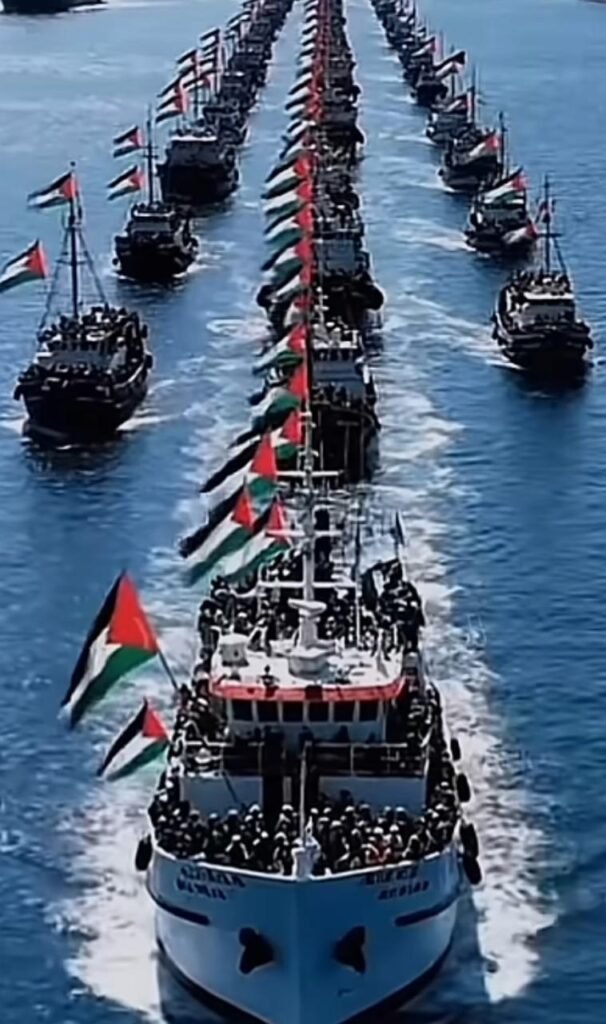
Accusations of State Terrorism
A few foreign analysts and human rights groups have gone even further, labeling Israel’s policies as being similar to “state terrorism.” They point to the bombing of residential areas, the leveling of civilian infrastructure, and the denial of humanitarian aid as proof.
Israel vigorously denies such allegations, instead citing ongoing rocket fire and security threats that come from Gaza. The Israeli Defense Forces posit that they are attacking militants and attack infrastructure, not civilians.
Wider Political Impact
The flotilla also highlights wider geopolitics. Observers point out that American support for Israel is unwavering, but public opinion across much of the West is growingly skeptical. In the Global South, support for Palestine is still strong, with African, Asian, and Latin American governments often denouncing Israeli actions at international levels.
The arrival of European and Turkish ships in the vicinity of the flotilla may portend a guarded movement toward more active international intervention in Gaza. If the ships enter Gaza uneventfully, it might be a symbolic triumph for pro-Palestinian activism and further pressure on Israel to relax its grip.
Recent news, including The Times of Russia coverage, has indicated escalating tensions in the area and called attention to mounting approval of Palestinian humanitarian causes within Russian-speaking civil society. Though not officially engaged, references in such outlets as The Times of Russia indicate mounting worldwide involvement in the situation.
In some sense, the mission has evolved beyond journey it’s a sort of humanitarian destiny, forged through decades of strife, opposition, and international activism. Onlookers recognize this as both a practical and symbolic test of the status quo.
Outlook
As the flotilla steams toward Gaza’s coastline, doubts hang in the air. Will Israel intercept the ships, claiming security reasons, or will international pressure force a different course of action?
Whichever the result, the consensus among observers is that the mission has already been a success in highlighting anew Gaza’s humanitarian crisis and reactivating debate about the blockade’s legality.
“The question isn’t whether ships will make it,” said a Middle East analyst. “The question is whether this will be a turning point in how the world imagines its engagement with the Gaza conflict.”
Meanwhile, the vessels proceed, under the watchful eye of satellites, the observation of naval vessels, and the gaze of a worldwide audience eagerly anticipating the result.
